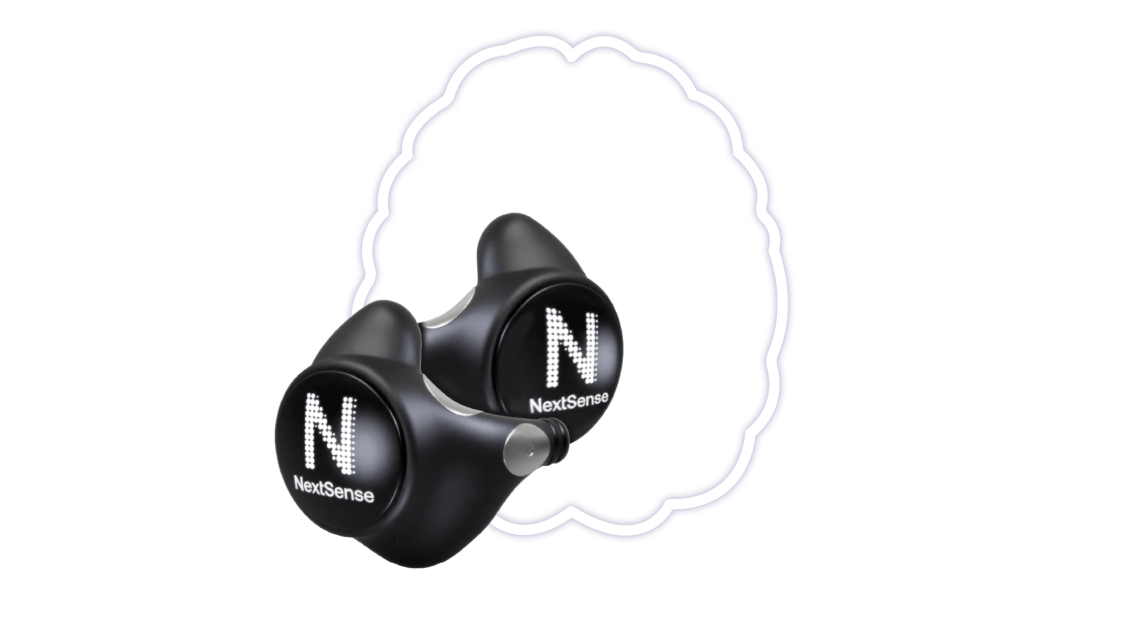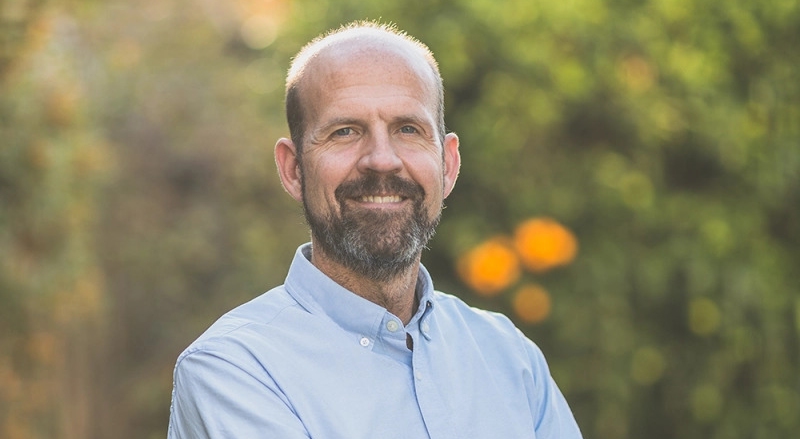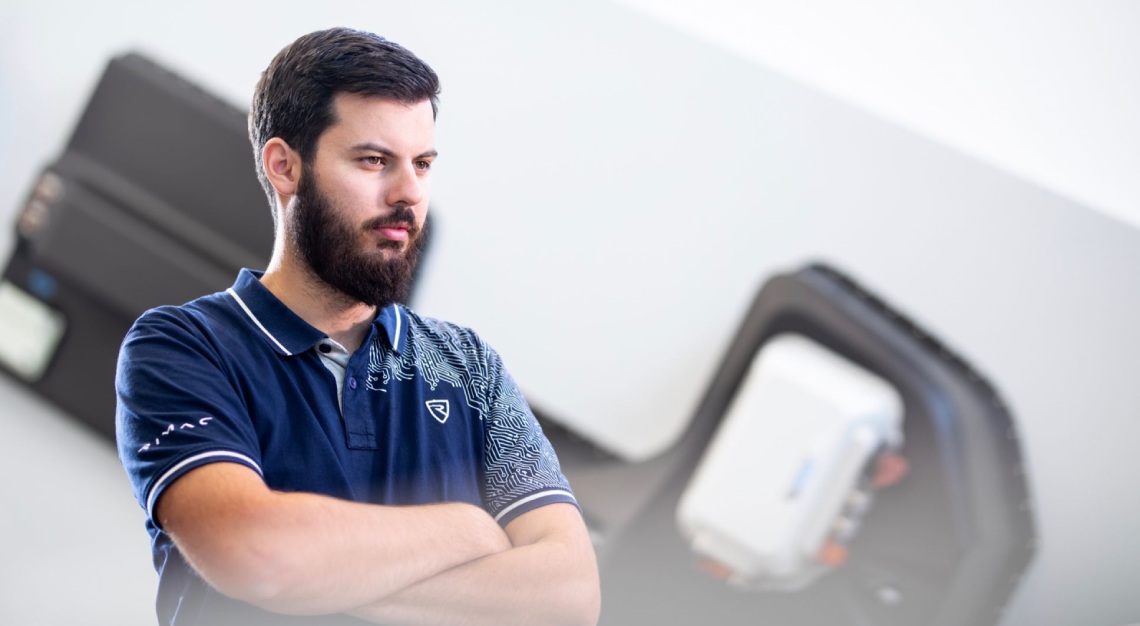In this year’s Best of the Best, we honour the brands and people behind the most covetable products. Here, we honour Jonathan Berent, Founder and CEO of NextSense, a cutting-edge wearables company
For someone whose main passion in life is sleep, Jonathan Berent gets a lot done. Berent is the founder and CEO of NextSense, a cutting-edge wearables company that’s developing electroencephalography (EEG) technology packaged within a pair of seemingly common earbuds. Think of it like an Apple Watch or an Oura ring but for the brain, recording key data on sleep patterns and circadian rhythms, which he says can provide insight into their effects on mood, focus and productivity.
“We sleep to be awake,” Berent says. “We want to be at our best throughout the day, and if we have dips when it’s not the optimal time to have a meeting or write a paper,
we should know that.” While wearables have become a hot commodity since the awkward failures of the earliest attempts (Google Glass, anyone?), none have offered the ability to measure brain waves, which typically requires bulky, complicated devices involving multiple wires and adhesive patches affixed to the head. But Berent is quick to stress the more considered approach his company is taking within the space.

Unlike most brands, which attempt scientific validation after finding success in the market, NextSense plans to introduce a consumer-facing product only once clinical trials, which are currently under way, are complete. Berent envisions a product that, unlike today’s wearables, not only provides data but also helps make sense of it. “Humans want to know more, they want more insight,” he says. “But it’s not so much coming up with a number of how you slept—89 for last night, you know?” He describes a pyramid with data at the bottom, laddering up to information, knowledge and wisdom at the top.
“Most companies stop at knowledge,” he says. “We want to be at wisdom, to actually be able to say, ‘This is your optimal time to have a presentation. This is your optimal time for writing.’ And then: ‘This is your optimal brain state’.”
And while the ultimate goal is a mass-market EEG device that also provides standard earbud functionalities such as taking calls, listening to music and cancelling noise, the wearable could also be invaluable for those with neurological conditions such as epilepsy, in no small part because of the ubiquitous form factor. “I looked into the hearing-aid industry a lot,” Berent says. “You would think the adoption rate in the UK, where it’s almost free, would be a lot higher but it’s not. Which means it’s not the price barrier, it’s the stigma. That’s when you realise that it has to be invisible, it has to be part of your everyday.”






